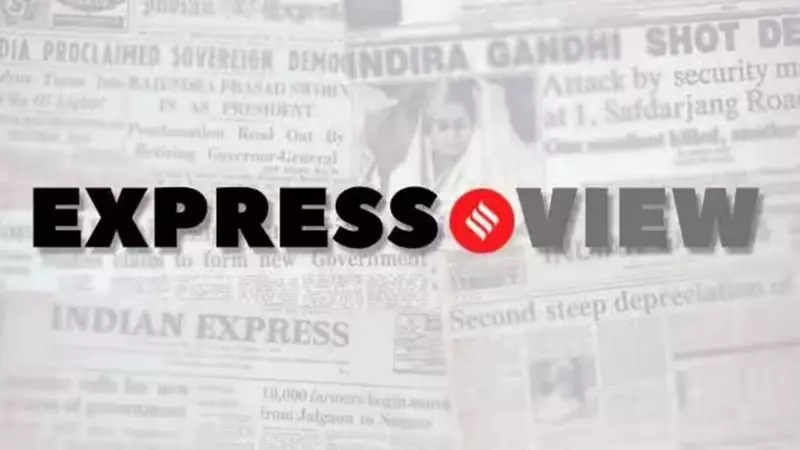
The festive spirit of Diwali 2023 was unexpectedly dampened for thousands of travelers when the government's generous gift of toll-free travel turned into a logistical nightmare. What was intended as a relief measure during the festival season instead created massive traffic jams and highlighted critical flaws in infrastructure planning.
The Well-Intentioned Gesture That Backfired
In a move aimed at providing relief to citizens during the festive season, the government announced toll-free passage at all national highway plazas. However, this seemingly benevolent decision quickly revealed its unintended consequences as vehicles flooded the highways, creating unprecedented congestion that stretched for kilometers.
The Economic Cost of 'Free' Travel
While the policy was designed to save money for travelers, it ended up costing the economy significantly more. The massive traffic snarls resulted in:
- Hours of productivity loss for businesses
- Increased fuel consumption due to idling vehicles
- Environmental damage from extended emissions
- Stress and inconvenience for thousands of families
Infrastructure Under Pressure
The incident exposed the fragile state of India's highway infrastructure. Toll plazas, designed to handle regulated traffic flow, simply couldn't cope with the sudden surge of vehicles. This raises serious questions about our preparedness for handling peak traffic scenarios and emergency situations.
Lessons for Future Policy Making
This Diwali gift serves as a crucial lesson in policy implementation. Several key takeaways emerge:
- Phased implementation might have been more effective than complete waiver
- Advanced planning for traffic management was clearly inadequate
- Digital alternatives like FASTag could have been leveraged better
- Staggered timing could have prevented the complete collapse of traffic flow
The Way Forward
As India continues to invest in infrastructure development, this incident underscores the need for smarter policy decisions. The focus should shift from short-term populist measures to sustainable solutions that balance public convenience with operational efficiency. The National Highways Authority of India (NHAI) and policymakers must learn from this experience to ensure that future initiatives don't repeat the same mistakes.
The Diwali traffic chaos, while unfortunate, provides valuable insights into the complexities of managing large-scale public infrastructure. It's a reminder that good intentions must be backed by careful planning and execution to truly benefit the public.





